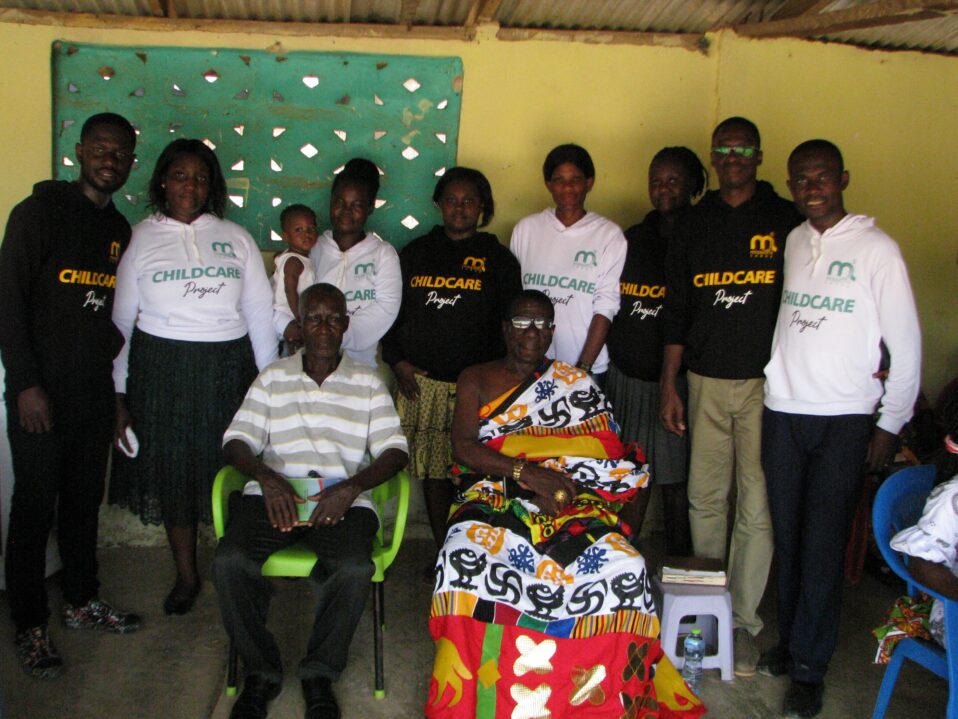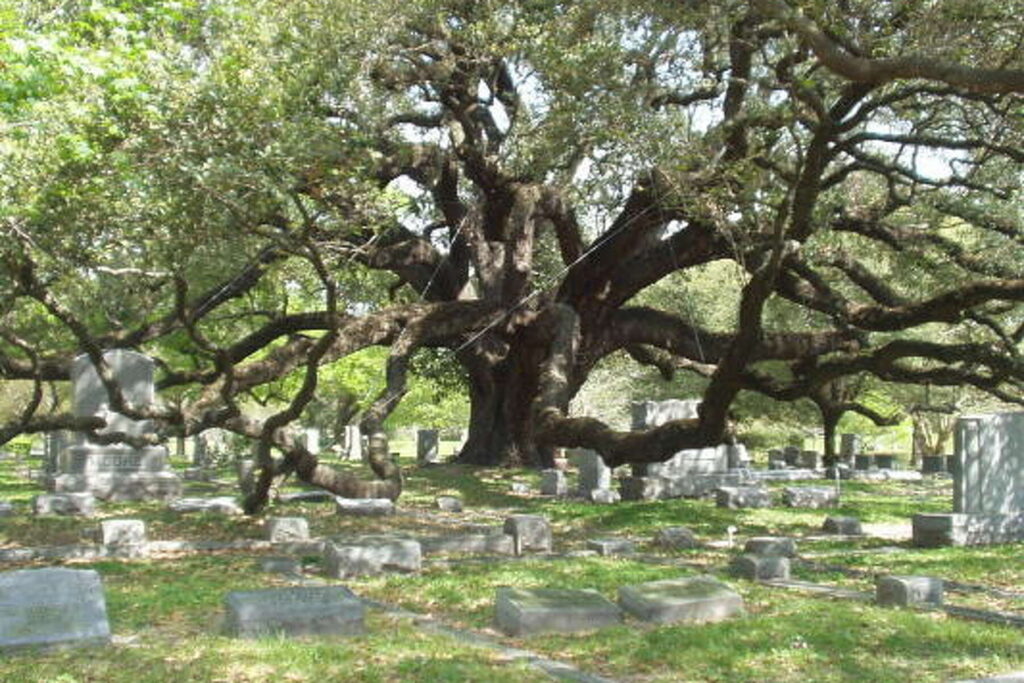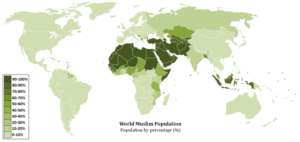One of the workable tools on the missions field is child evangelism. It serves as an avenue for the missionary to touch the heart of both the mother and father of the child. The missionary stands the chance of releasing his creativity in his evangelistic methods. Children love pictures, music, dancing, candies, competition and many other fun games. Recently Missions Today went on a missions in Ghana in the west of Africa. Besides the preaching of the Gospel on the crusade grounds, house to house evangelism, there was a special project of children dubbed “CHILDCARE PROJECT”.

This projected had a maximum impact on the towns and surrounding villages in Gyedua Asamang. Children were medically screened and treated, clothed, fed and educated together with their mothers. What a day it was! The Gospel message penetrated easily when attention was given to children.
It is sad to see young people adopt worldly ways because they are drawn by the fame, the fun and the freedom that the world offers. These young people fall prey to the luring of the world because they have no spiritual roots in them; because the church, the family and the Christian community have not taken heed to the spiritual command in Prov 22: 6 – “ train up a child in the way he should go and when he is old he will not turn from it. This call to train up a child is a call to teach our children the ways of Christ through child evangelism.
This training must start when the child is still young and their heart is receptive to the gospel of Christ Jesus. Teaching our children the gospel helps them to develop deeper and stronger roots in Christ Jesus. It equips the children to respond to the challenges of life in a Christlike manner and also live their lives in the will of God.
For most children, the only time they will encounter the gospel of Christ is on Sunday when they attend Sunday school. This is not enough to plant the seed of the gospel firmly in their hearts. Training our children in the ways of the Lord must be done through a series of activities that stretches beyond Sunday school. The gospel must follow the children into the classroom, the playground and every other place where children are known to congregate. This is where the role of the missionary becomes pivotal. Unlike Sunday school teachers who only meet the children once a week, missionaries by virtue of their calling can meet the children everywhere. It is therefore important for missionary organisations to rise up and take up the challenge of securing the next generation for Christ through child evangelism.
Indeed, Jesus in Matthew 19:13-14, commanded that the little children should be allowed to come unto him without hinderance. This means that every barrier which hinders children f rom coming to Christ must be removed. One of the greatest hinderances to child evangelism is the absence parental discipline in spiritual matters and also the belief that children are too young to understand the gospel. In the Matt 19:13-14, we find that it was the parents who were bringing the children to Christ. This emphasizes the important role of the family in child evangelism. It also emphasizes the fact that no child is too young to understand spiritual matters the souls an. It also emphasizes the fact that the destinies of children matter to God.
If missionaries are going to be successful in child evangelism, then they must address this barrier by engaging the child and the parents of the child as part of the child evangelism. So that the parents will be equipped to guide the child in the light of the gospel.
Finally, child evangelism is not just the responsibility of missionaries or Sunday school teachers, it is the responsibility of every believer. We must take up this challenge and ensure that the young people around us receive the gospel of Christ Jesus.



























